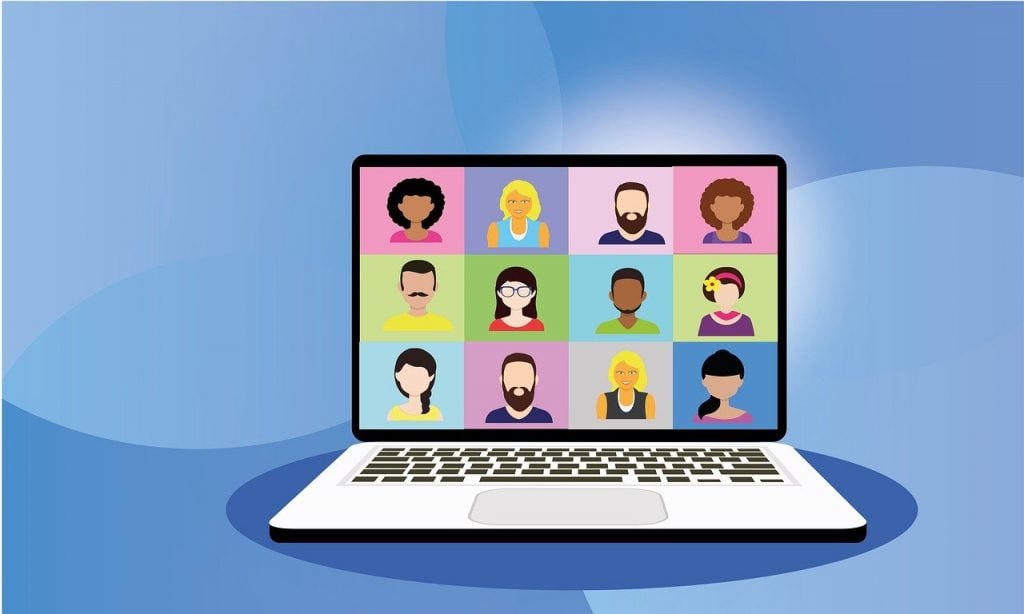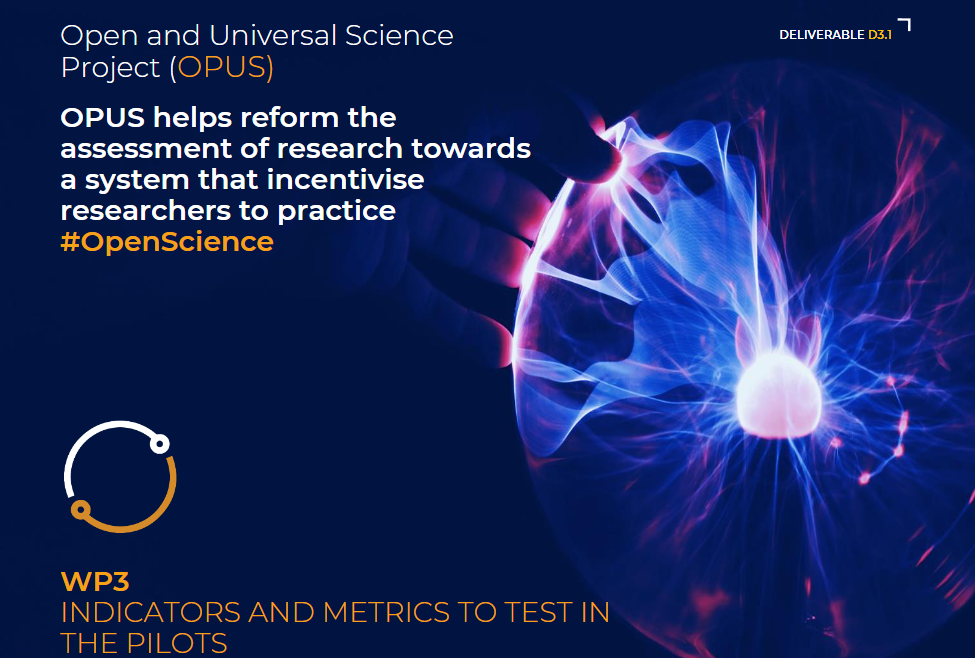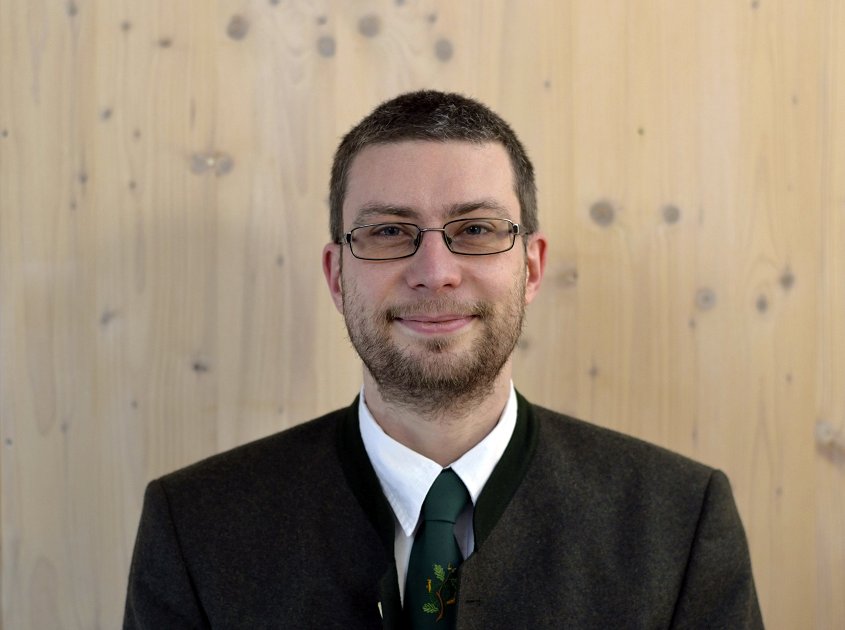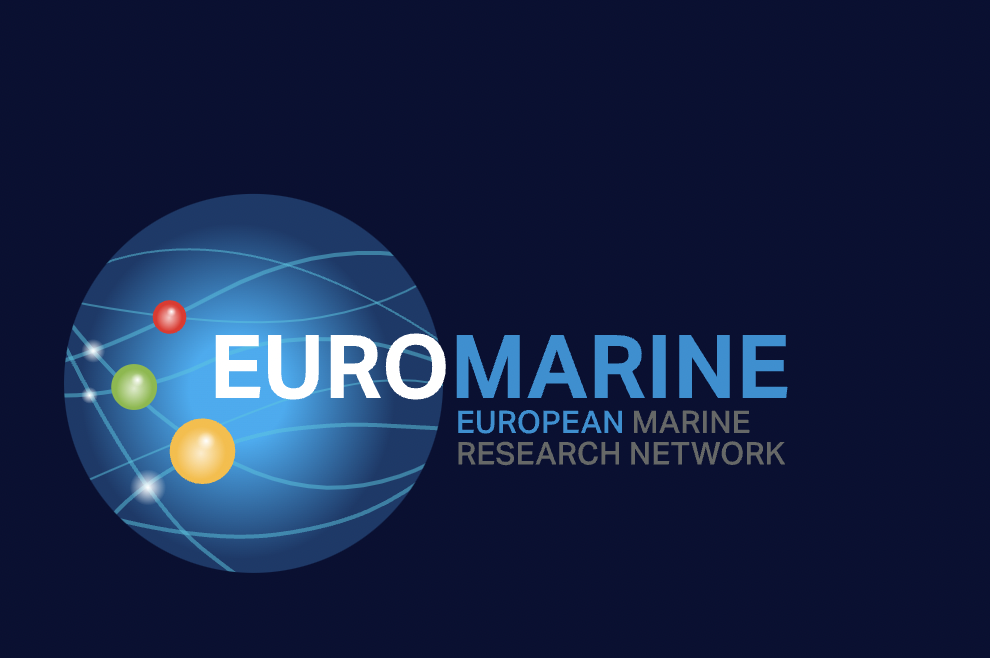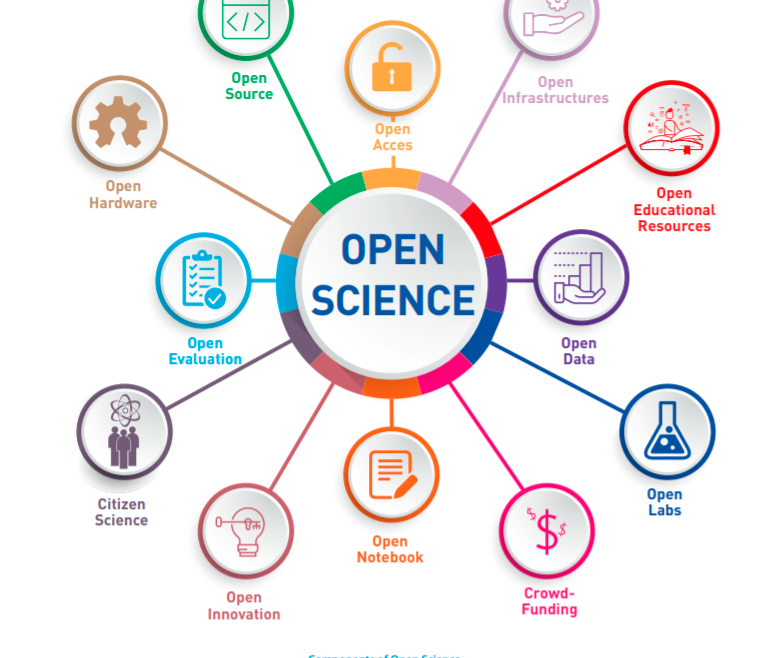Recognising Open Research Practices in Recruitment and Promotion: Online Event on 19th November
Recognising Open Research Practices in Recruitment and Promotion: Online Event on 19th November https://opusproject.eu/wp-content/uploads/2024/06/1f9a7667-video-conference-5167472_1280-1024x614-1.jpg 1024 614 Open and Universal Science (OPUS) Project https://opusproject.eu/wp-content/uploads/2024/06/1f9a7667-video-conference-5167472_1280-1024x614-1.jpgRegistration form now open: https://forms.office.com/e/dYGqYu6VQu
Clare Viney, a member of the OPUS team from Vitae (OPUS partner), will be presenting on OPUS at an event for the UK Reproducibility Network.
The UK Reproducibility Network OR4 Project is helping UK academic institutions reform how they recognise and reward open research. Focused on processes such as recruitment, promotion and appraisal, it provides both resources to help institutions make progress and a large community working together to achieve this. That community currently includes 49 institutions which together employ over 80,000 researchers.
The OR4 Project will be holding a one-day online event on 19th November, to promote the OR4 resources and the activities of the community. It is open to all, because we are keen to encourage more institutions to join the community. We’re delighted that Lizzie Gadd (Vice Chair of the international CoARA initiative), has agreed to give a keynote talk and be part of a panel later in the day, which will also include Caitlin Carter from the US HELIOS Network and Clare Viney of Vitae and the European OPUS Project. The event will also include many contributions from the existing community and discussions of how to strengthen and expand that.


